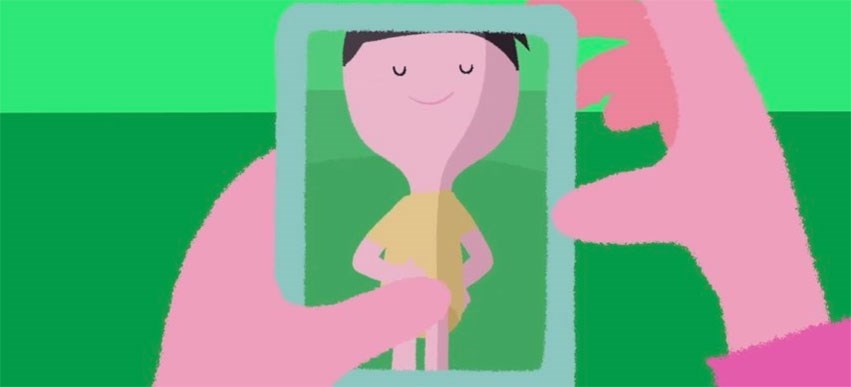The National Crime Agency (NCA) is launching a campaign to give parents advice on how to respond if their child becomes involved in sexting.
Child protection officers are now investigating a case involving "sexting" every day, NCA says.
The practice has become "normal" among teenagers but can leave them vulnerable to exploitation or blackmail, the NCA said.
Intervention has been required to safeguard youngsters at risk after sending nude or explicit images of themselves on social media or messaging services.
On average, the NCA's centre for tackling abuse, Ceop Command, receives one report a day of a child protection issue linked to sexting.
“Something that has started out as relatively innocent or normal for the young people involved has unfortunately turned into something that is quite nasty and needs intervention in order to safeguard and protect the child.
Some of the worst examples are children sharing images of themselves and making themselves very vulnerable. That image gets into the wrong hands or that image is used to blackmail the child for further images.
I think we have to recognise that sexting is actually very normative behaviour for children and young people.
These are kids growing up in a very image-saturated environment. They are copying what they see older young adults do”. Zoe Hilton, Head Of Safeguarding at CEOP Command.
The NCA campaign aims to help parents deal with the problem and includes a number of short animations developed following a research project involving the University of Edinburgh.
In some instances youngsters are targeted by strangers who attempt to blackmail them over images they have been tricked into taking. Other cases involve recipients of private messages forwarding them to others or a user posting a picture of themselves on a website or social media with low privacy settings.
“Children can send sexual images of themselves in an instant and often don't really think about the consequences.
Often it is to a girlfriend or boyfriend but these images can quickly end up being shared widely in school and online.”
More information and the NSPCC animations can be viewed at:


